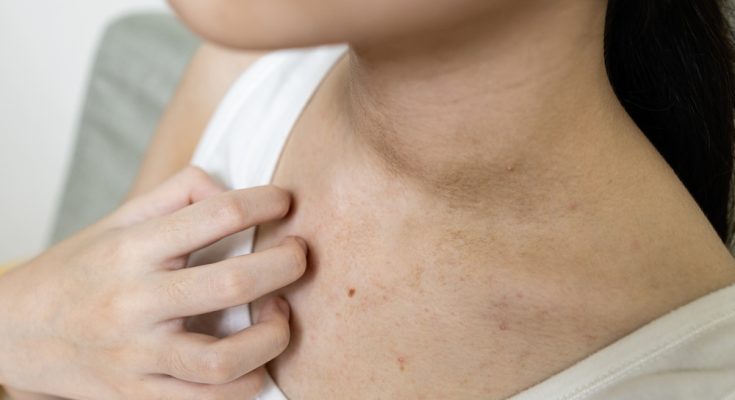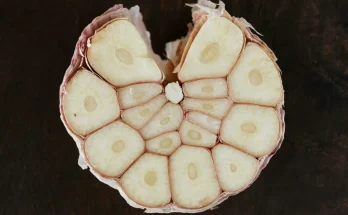Is an Itchy Breast a Sign of Breast Cancer?
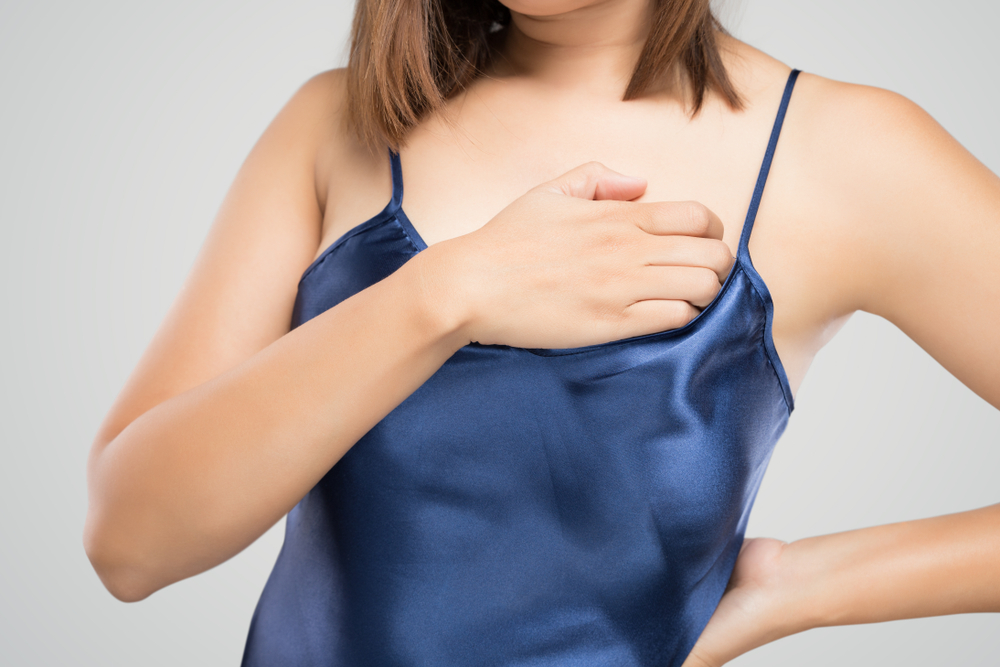
Can itchy breasts be a sign of cancer?
According to Dr. Tim Woodman, medical director for Cancer Services at Bupa UK Insurance, it is rare for itchy breasts to be the sole symptom of breast cancer. However, health professionals stress that persistent changes should always be evaluated. While uncommon, some rare forms of breast cancer can manifest with itching as a primary symptom. Dr. Woodman says that one specific and rare type is Inflammatory Breast Cancer (IBC). Unlike more common cancers that present with a lump, IBS causes the skin to look and feel inflamed. Symptoms of IBC can include:
- Itching
- Redness or bruising
- Swelling and inflammation
- Pain
- Skin changes that resemble an orange peel texture
Another rare condition linked to potential malignancy that can cause itching is Paget’s disease of the nipple. This is a rare skin condition affecting the nipple and areola. While it is not always cancerous, it can sometimes develop into cancer within the underlying breast ducts. Symptoms of Paget’s disease often include:
- Sore, persistent itching
- Flaking or crusting of the nipple skin
- Redness or a rash
- Bleeding from the nipple
The takeaway, as emphasized by medical experts, is this: While cancer can sometimes cause itching, it is typically accompanied by other, more noticeable changes. If you have an isolated patch of skin that you find yourself regularly scratching, it’s wise to get it checked out be a healthcare professional.
More Common Reasons for Itchy Breasts
As already mentioned, it is not very likely that your breasts or chest area being itchy means that you have cancer. The most likely causes behind an annoying itch are often related to skin irritations, hygiene, or temporary inflammatory conditions. These causes are much more prevalent than cancer.
1. Eczema and Dermatitis
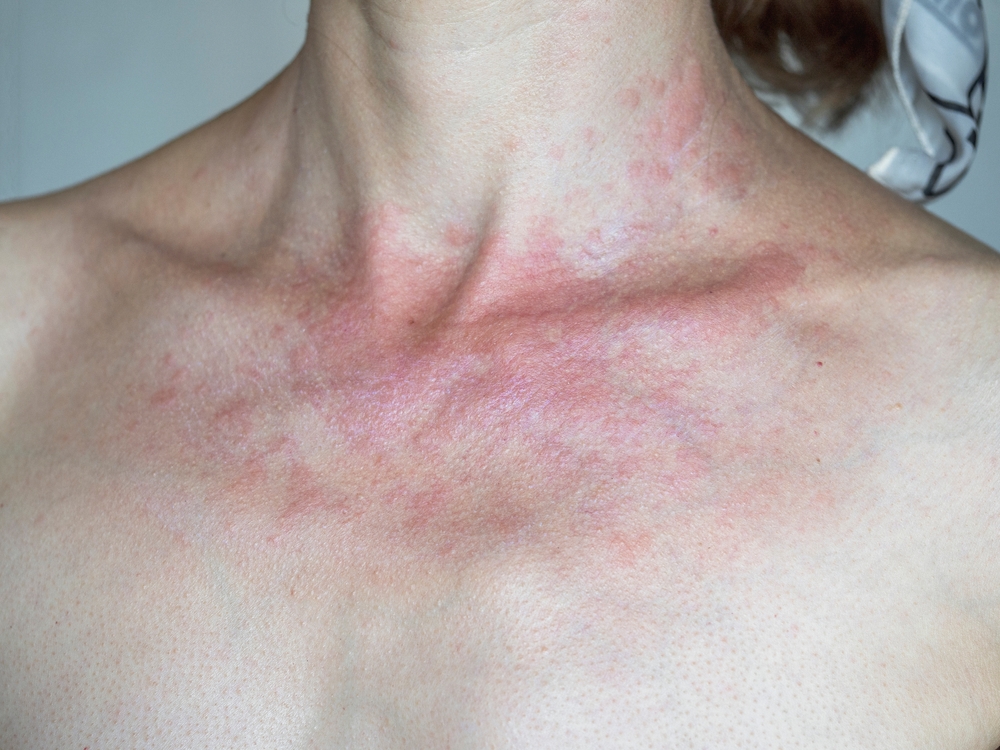
Eczema can cause breasts and the chest area to be itchy.
The skin on the breasts, particularly the areola, is sensitive and prone to common skin conditions. Eczema (atopic dermatitis) can cause dry, red, inflamed, and intensely itchy patches. Similarly, contact dermatitis occurs when the skin reacts to an irritant, such as:
2. Dry Skin
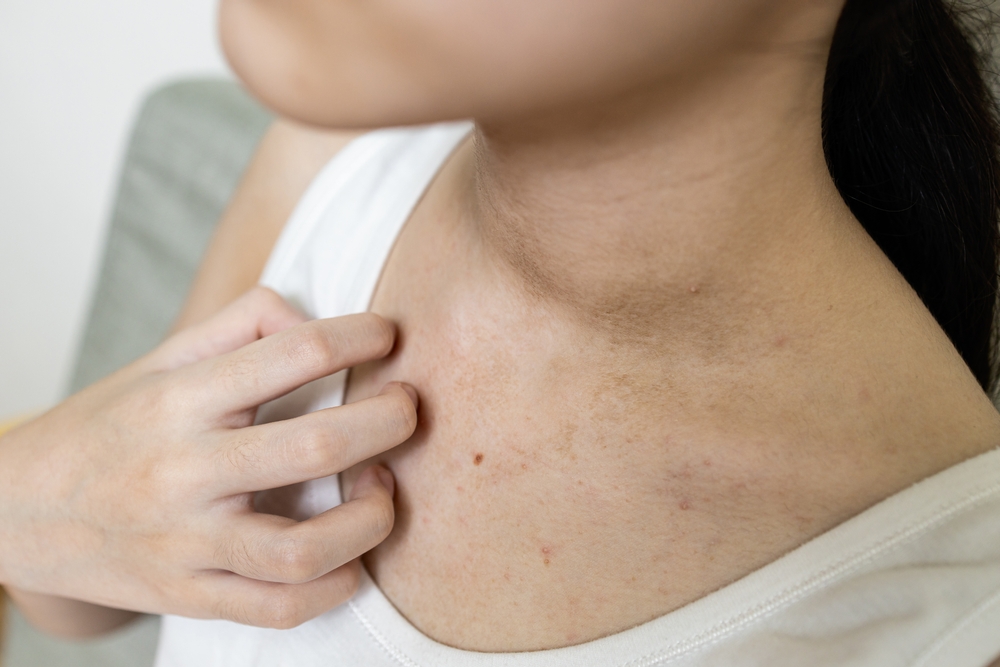
If the skin on the breasts is dry, it will cause itching.
Your skin needs moisture; otherwise, it will become itchy. Just like any other area of the body, breast skin can become dry, especially in cold weather or due to hot showers. Dry skin can lead to flakiness and widespread itching.
3. Fungal Infections (Under the Breast)
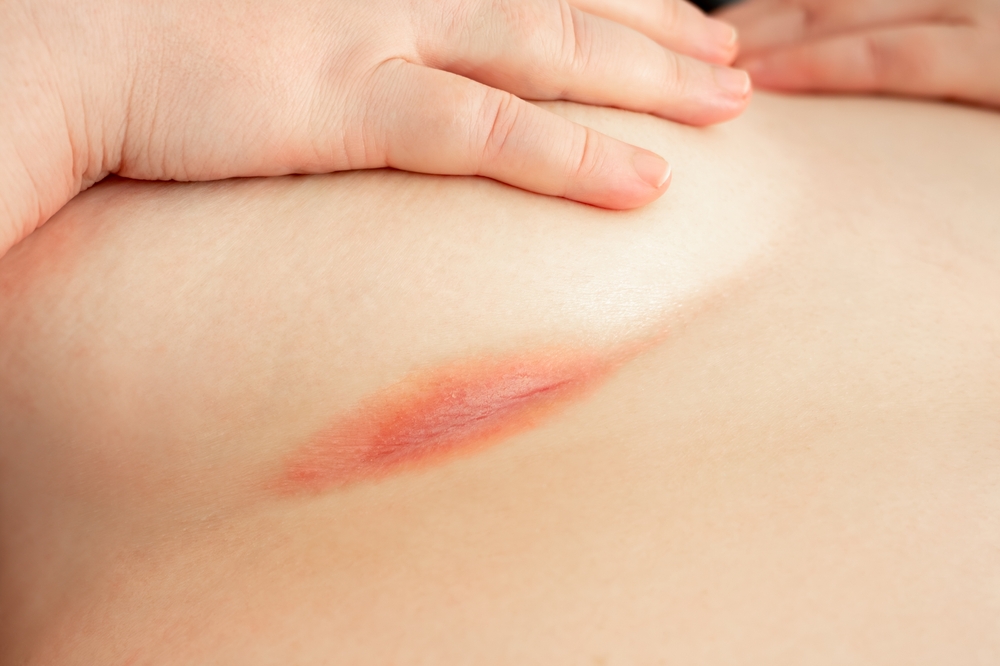
Moisture collects in the fold underneath the breasts, causing infection and itching.
Moisture and warmth in the fold of skin under the breast create an ideal environment for yeast and fungal infections, such as candida. This condition is commonly called intertrigo. The itch is usually accompanied by a bright red rash that may look weepy or raw.
4. Mastitis
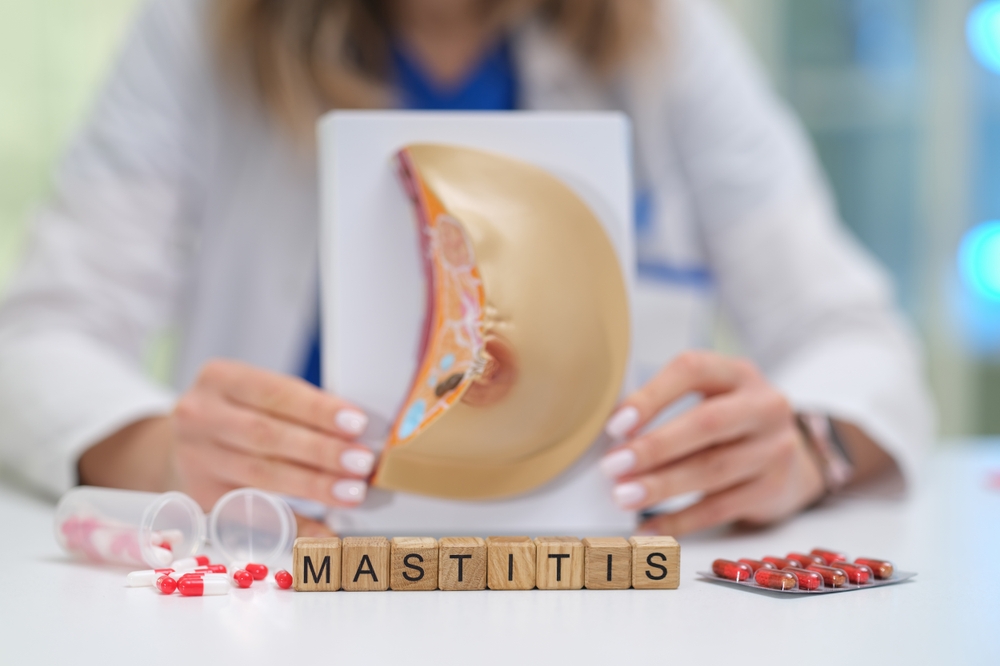
Mastitis can cause itching breasts, especially for breastfeeding women.
Mastitis is an inflammation of the breast tissue that is most common in breastfeeding women, but it can affect anyone. It is often caused by a bacterial infection. The condition can lead to itching, redness, pain, and swelling. This is often accompanied by flu-like symptoms.
5. Hormonal Changes
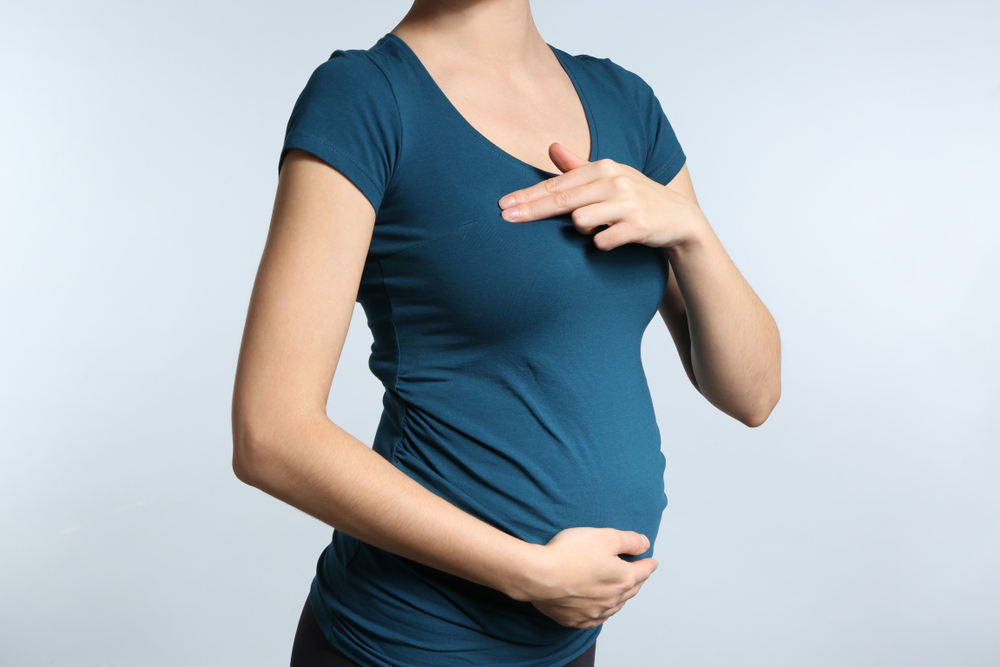
Temporary swelling from hormonal changes can cause itchy breasts.
Caption: Temporary swelling from hormonal changes can cause itchy breasts.
Fluctuating hormones, particularly those experienced during menstruation or pregnancy, can cause breast tissue to swell, stretch, and become tender. This may result in temporary itching.
When to Seek Medical Advice

Seek medical care if you believe your condition to be serious.
While the chances of an itchy breast being a symptom of cancer are low, any persistent or concerning symptom should prompt a visit to your doctor. You should make an appointment if the itching:
- Does not go away within a few weeks.
- It is accompanied by a visible rash that won’t clear up.
- Affects only one breast and is accompanied by other warning signs, such as:
- A new lump or area of skin thickening on the breast or in the armpit.
- Changes to the size or shape of the breast.
- A nipple that has recently become inverted or changed direction. Nipple discharge or bleeding.
- Any persistent redness, scaling, or crusting of the nipple or areola.
Getting to know what is normal for your breasts through regular self-exams is the best way to spot subtle changes and ensure peace of mind.
The Bottom Line
Itching breasts could be everything from fabric or product irritation (the most likely) to a rare form of breast cancer (the least likely). While it is most likely something simple, non-life-threatening, and easy to solve, such as switching your laundry detergent, knowing the signs and symptoms of the more serious potential conditions is important. This way, you will be better equipped to know when you should speak to a doctor, and also be able to advocate for your own health. If you truly think that something is wrong, don’t wait to seek medical care. Sooner is always better.
